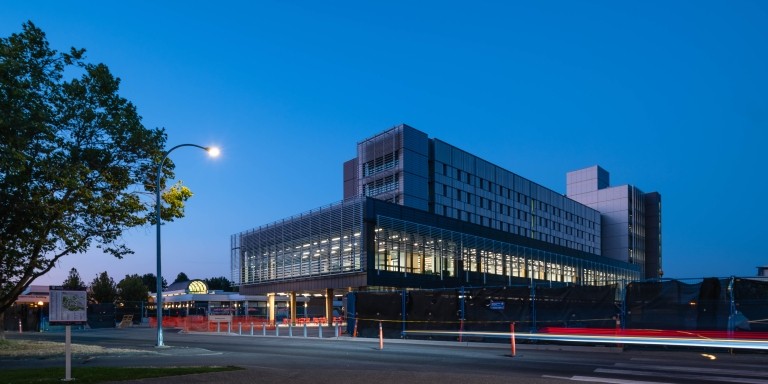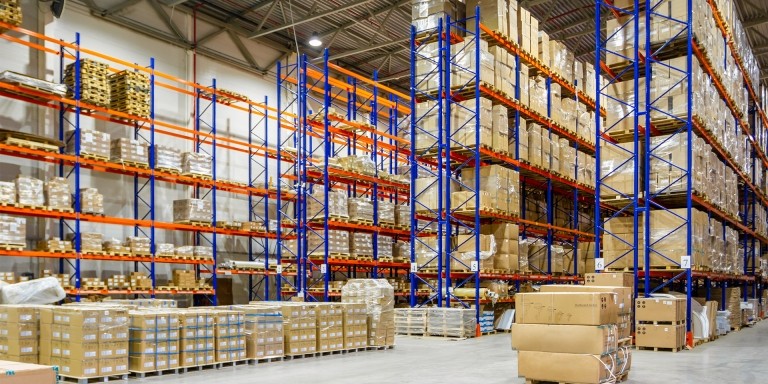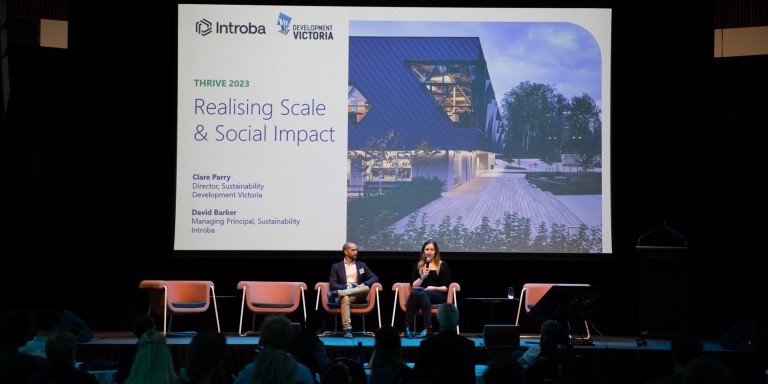Renewable Natural Gas: What Role Will It Play in Building Decarbonization in British Columbia?
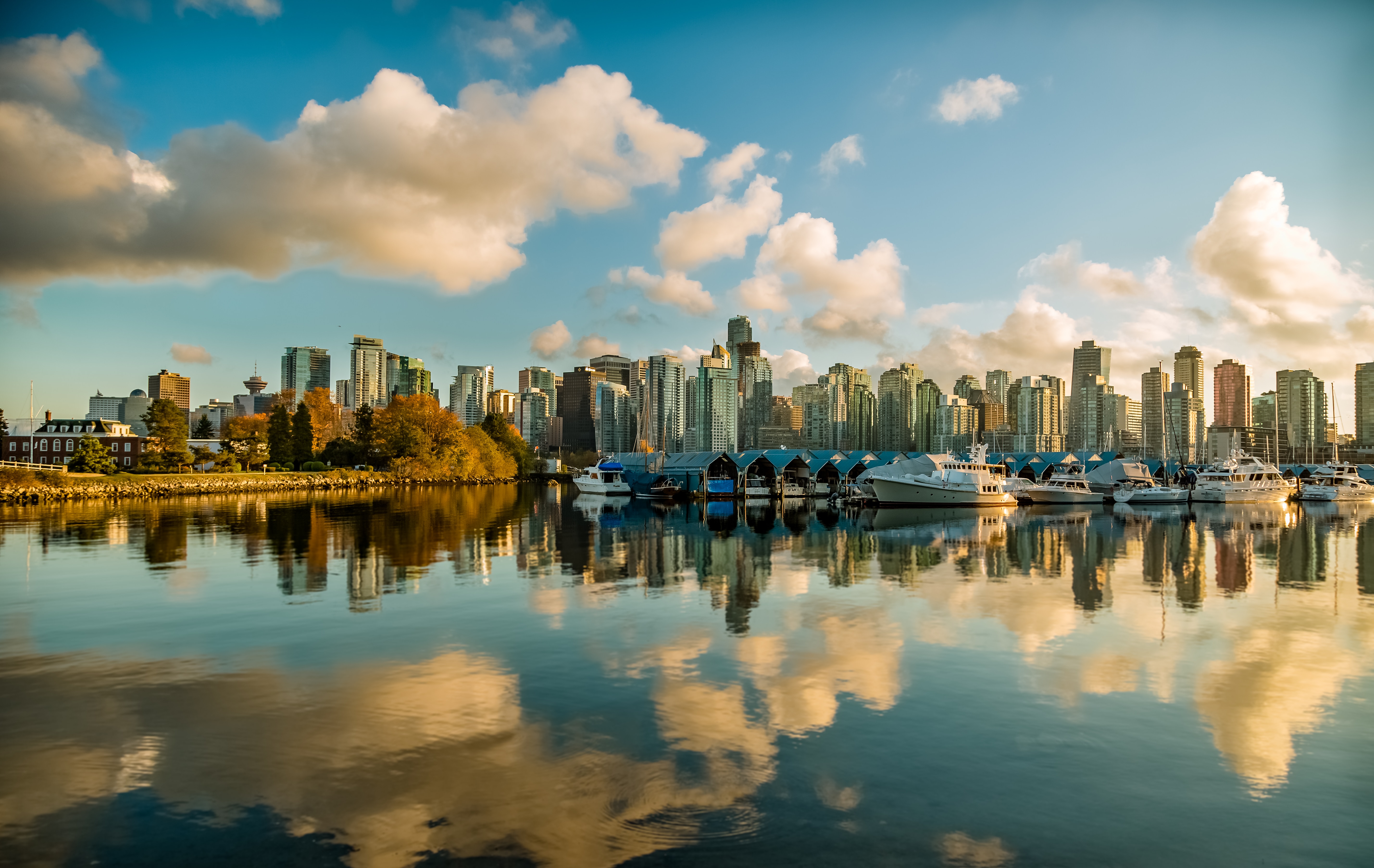
Renewable natural gas (RNG) is gaining attention as a low-carbon solution to decarbonize the building sector in British Columbia (B.C.), Canada. However, there are some key challenges to using RNG in place of electrification. In this whitepaper written by Lisa Westerhoff, Eduard Cubi, and Stewart Somerville, Introba explores the potential of RNG in supporting B.C.'s building sector decarbonization.
Derived from decomposing organic waste, RNG can be used interchangeably with conventional natural gas and distributed through existing gas networks without needing to modify building systems. Its appeal lies in its ability to reduce carbon emissions when used to power building space and hot water equipment, which can contribute substantially to community emissions.
However, its long-term availability, as well as other potential concerns, must be considered before embracing it as a viable strategy for building decarbonization. FortisBC, B.C.’s gas utility company, has secured RNG supply agreements and plans to provide 23 petajoules of RNG annually by 2032, representing 10% of B.C.'s current gas demand. But will it be enough? And is it the right use for this limited fuel?
Read more in our latest whitepaper Renewable Natural Gas: What Role Will It Play in Building Decarbonization in B.C.?
----------------------------------------
Special thanks to Vlad Mikler (Introba), Maggie Baynham (District of Saanich), and Marshall Duer-Balkind (Institute for Market Transformation) for their contributions to this work. Photo credit: Mike Benna on Unsplash.
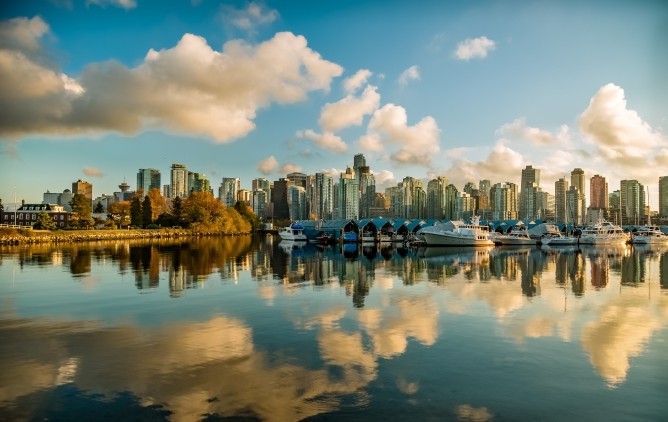
Renewable Natural Gas: What Role Will It Play in Building Decarbonization in BC?
Related News
-
Jun 7, 2024
-
-
May 14, 2024
Why Passivhaus is Key to Addressing Climate Change and Energy Efficiency
Insights & PerspectivesSustainability
